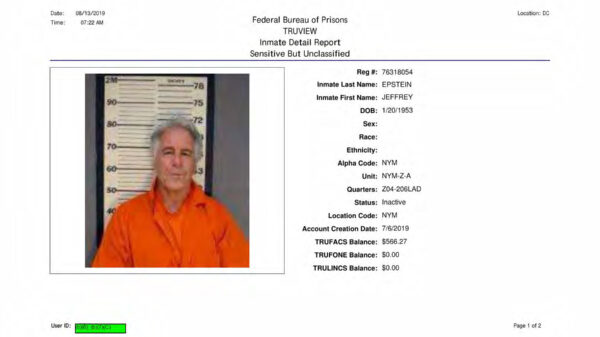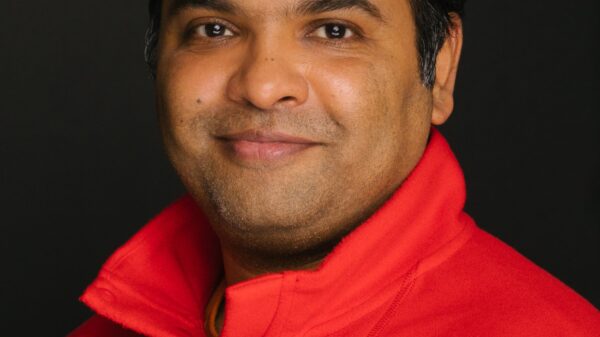Christian leaders are emphasizing the importance of self-reflection among believers, urging them to confront their biases and examine their lives through a spiritual lens. Dr. Holland, an ordained minister and author, highlights the need for Christians to recognize their flaws and the impact of human nature on their perceptions of faith.
The struggle to acknowledge personal weaknesses is a common challenge. Many individuals adopt a fixed mindset, believing they are unchangeable. This perspective can lead to an inflated sense of self, often described in psychological terms as the Dunning-Kruger effect. This cognitive bias causes individuals to overestimate their abilities and knowledge, particularly in areas where they may lack expertise.
Research shows that those with lower competency levels frequently perceive themselves as more skilled than they are. This misjudgment can stem from a desire for social approval and the fear of appearing inadequate. The implications of this mindset extend into spiritual life, where a lack of humility can distance individuals from God. I Peter 5:5-6 emphasizes the importance of humility, stating, “God opposes the proud but shows favor to the humble.” This biblical teaching underscores the necessity of approaching one’s faith with a modest view of oneself.
Furthermore, Dr. Holland points out the concept of metacognition, which refers to the awareness and understanding of one’s own thought processes. Individuals who struggle with metacognition may fail to realistically evaluate their strengths and weaknesses. This can lead to poor decision-making and a lack of growth in their spiritual journeys.
The Apostle Paul addresses this issue in Romans 12:3, advising believers to “think soberly” about their self-perception. This encourages a balanced view, recognizing both personal shortcomings and the grace provided by God. The challenge lies in accepting that everyone has areas for improvement. When individuals believe they have no faults, they may neglect the need for repentance and drift away from God’s teachings.
Dr. Holland also notes that intellectual knowledge does not equate to spiritual maturity. Many individuals may excel academically yet still struggle to embody the principles of Christianity. True growth involves more than just accumulating knowledge; it requires cultivating a heart aligned with the teachings of Jesus.
This call for self-examination is essential for a fulfilling Christian life. By embracing humility and acknowledging their need for God, believers can foster deeper relationships with both their faith and their community. Engaging in honest self-reflection allows individuals to grow spiritually and establish a genuine connection with God.
For those seeking further insight into the Christian life, resources are available at Billy Holland Ministries. Dr. Holland’s work focuses on guiding individuals to navigate their spiritual journeys with authenticity and grace.
In summary, the emphasis on self-reflection and humility is a vital component for Christians aiming to deepen their faith. By confronting biases and embracing the truth of their spiritual condition, believers can cultivate a more meaningful relationship with God.



































































